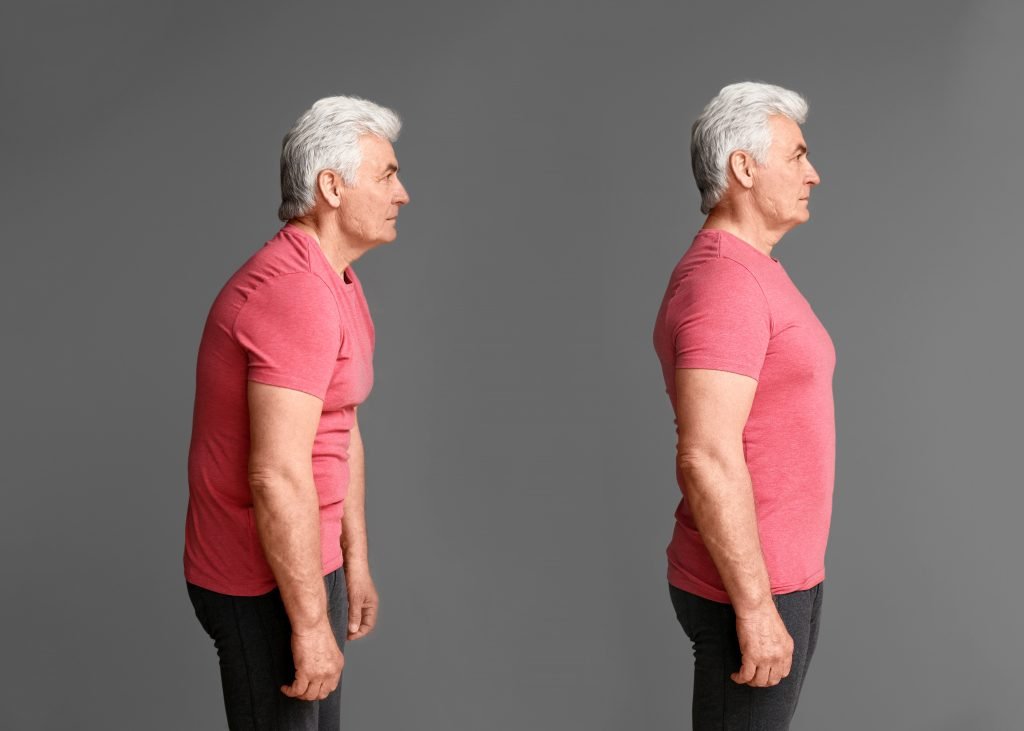Posture and Its Effects on Long-Term Health

Dela
When we think about our health, we often focus on diet, exercise, and sleep. But there’s another critical factor that plays a quiet — yet powerful — role in our overall well-being: posture.
Whether you’re sitting at a desk, driving for long hours, or simply lounging at home, the way you hold your body matters. And over time, poor posture can have serious consequences.
Why Posture Matters More Than You Think
Posture isn’t just about how you look — it’s about how your body functions. Good posture keeps bones and joints in alignment, reduces stress on ligaments, and allows your muscles to work more efficiently. Poor posture, on the other hand, can silently chip away at your health.
The Long-Term Effects of Poor Posture
Chronic Pain
Slouching or leaning forward puts strain on your spine, especially the lower back and neck. Over time, this can lead to chronic pain conditions like:
Lower back pain
Sciatica
Neck and shoulder tension
Tension headaches
Reduced Lung Capacity
Hunching forward compresses your lungs and diaphragm, limiting your ability to take full breaths. This can reduce oxygen intake and lead to fatigue and decreased concentration.
Poor Digestion
Sitting in a slumped position compresses your abdominal organs, which can slow down digestion and cause issues like bloating or acid reflux.
Circulation Problems
Sitting improperly for long periods can restrict blood flow to your legs, increasing the risk of varicose veins or even deep vein thrombosis (DVT).
Mood & Mental Health
Studies have shown a strong link between posture and mental well-being. Upright posture has been associated with higher energy levels, better mood, and reduced symptoms of anxiety and depression.
How to Improve Your Posture Daily
The good news? Posture can be improved — and the benefits are worth it.
Stay mindful: Check in with your body regularly, especially while sitting.
Set up your workspace: Your chair should support your lower back, your feet should be flat on the floor, and your screen should be at eye level.
Use ergonomic support: Cushions designed to support spinal alignment (like our Norse Comfort cushion) can make a huge difference during long periods of sitting.
Move often: Take standing or walking breaks every 30–60 minutes.
Strengthen your core: A strong core stabilizes your spine and naturally supports better posture.
Comfort That Supports Your Health
At Norse Comfort, we’re passionate about helping people feel better in their bodies. Our ergonomic seat cushions are designed to relieve pressure on your spine, support proper alignment, and make sitting a whole lot more comfortable — whether you're working, driving, or relaxing.
Because posture isn’t just about how you sit. It’s about how you live.
